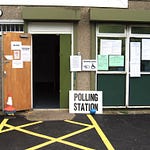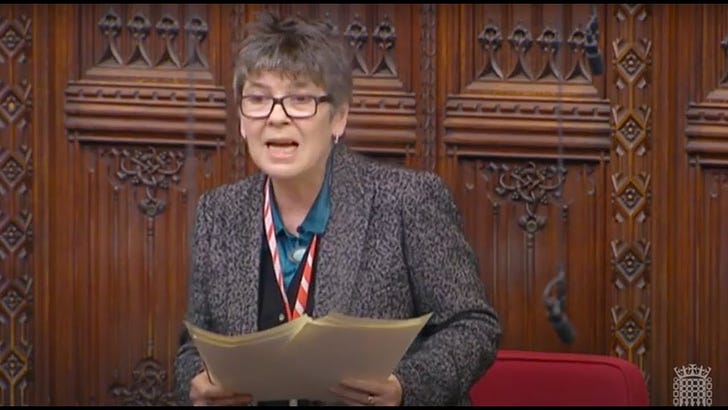When University College London’s students’ union banned a Nietzsche reading group in March, on the grounds that discussions about right-wing philosophers could encourage fascism and endanger the student body, many saw it as the reductio ad absurdum of student-union bans in recent years. These have included bans on Robin Thicke’s pop hit ‘Blurred Lines’, on the grounds that it might be distressing for victims of sexual assault, as well as everything from the Sun (thanks to Page 3) to ‘offensive’ T-shirts depicting Jesus and the prophet Mohammed in cartoon form. So have British universities become bastions of politically correct censorship? Or are such restrictions - enacted by elected unions rather than the state - a welcome attempt to ensure universities are safe spaces for all students?
Student politics has long involved political boycotts, going back to campus bans on Barclays Bank in the 1980s (for operating in apartheid South Africa), Nestlé products in the 1990s (for promoting baby milk in the developing world), or Israeli goods in the Noughties (in protest at the treatment of Palestinians). But for all their limitations, these campaigns were an attempt to engage with the world of politics outside the university. In the past few years, however, there seems to have been a trend towards student politics turning inwards. Students’ unions have instead become increasingly concerned with making campuses safe from potentially hostile outsiders, by enacting ‘no platform’ policies, first for ‘fascists’ and later other offensive speakers, from Islamists to radical feminists.
For some this is a progressive move because student unions have a duty to ensure that all students feel safe on campus, that no one feels excluded from campus activities and that no offence is caused by those activities. It is argued that women, LGBT and ethnic-minority students are often especially vulnerable and must be protected from intimidation and discomfort. Others feel the unions are engaged in acts of censorship which undermine academic freedom and treat students as children rather than adults. Do ‘safe space’ policies empower or infantilise students? Are today’s students simply not as robust as previous generations and so need protecting in ways their parents’ generation did not? Or have unions simply become more sensitive to the needs of their more vulnerable students?
Speakers Tom Bailey recent graduate, UCL; regular columnist, spiked Ellamay Russell postgraduate student, University of Sussex; writer, spiked Michael Segalov communications officer, University of Sussex Students’ Union; freelance journalist. Harriet Williamson columnist and blogger Chair Joel Cohen administrator, Debating Matters; freelance writer











